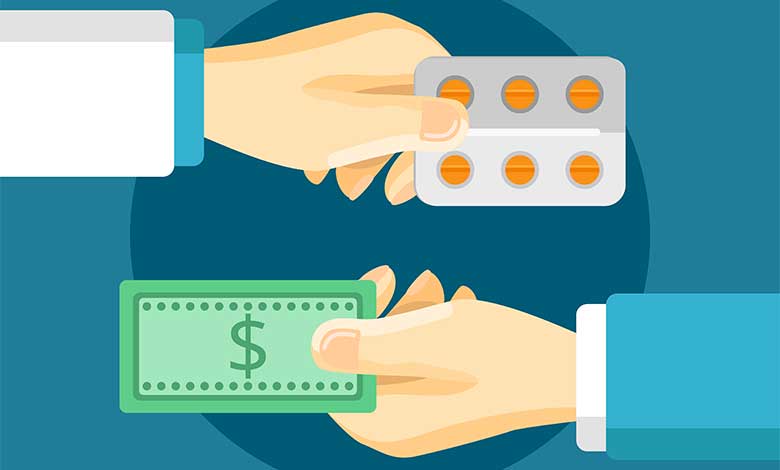
In a poll conducted by Kaiser Health in 2015, 72% of Americans feel that the drug cost is unreasonable and 74% feel that the drug companies put profits before people.
Can you imagine if one has to pay $1000 for a single pill, or $84,000 for a single course of Hepatitis C drug Sovaldi and $94,500 for its second-wave successor Harvoni?
In the same year 2015, US senators Wyden and Grassley conducted 18-months long investigation into the pricing strategy for Sovaldi and published the findings.
The pricing strategy of drug companies is heavily focused on maximizing revenue, which means the price of the drug is determined by the price the payers can pay. In monopolistic competition, the patent holders try to reap maximum gains before the patent expires. It is highly unlikely that research and development (R&D) costs of the drug rarely are key considerations in the pricing of the patented drug.
In the first nine months, Sovaldi and Harvoni generated $10.1 billion in sales for Gilead. The average cost of conduction a trial is $19 million. So, even if we make the clinical trials cheaper by reducing costs and assuming that all of that benefit is transferred to end consumers, the benefit would be negligible and unnoticeable. The price of the drug has not changed at all after 5 years. GoodRx showed a per pill discounted price of around $1000 ($27,627 for a pack of 28 pills). However, the good news is that a five-times cheaper generic is available for Harvoni at a price of $5,456 for a pack of 28 pills.
Some of you must be wondering that there is nothing wrong with adopting a pricing strategy that is purely focused on maximizing revenue and regardless of its affordability and availability to the patients. It would have been absolutely fine if the product is a mobile phone or a car.
Many of us participate in a clinical trial in the hope that one day the new drug would benefit other humans. Clinical trials happen because we have such people in the world. what good is a drug if it is unaffordable? If you have to shelve all your hard-earned savings to buy that drug and force you to live a financially poor life, it defeats the whole purpose of innovation.
During this period of COVID 19 pandemic, the clinical research industry has changed gears to minimize disruptions in clinical trials. Pharmaceutical and CRO companies are investing in digital technologies to eliminate or minimize disruptions caused by the lockdown forcing clinical trial participants to remain at home.
Ther are many organizations sponsoring virtual webinars and events to share best practices and experiences with virtual or decentralized trials. Trial sponsors and CROs are trying to leverage digital technologies used in telehealth to eliminate the need for the patient to visit the physician’s office. The trials are being redesigned to eliminate any unnecessary procedures to reduce patient visits. Investigator physicians are leveraging audio and video channels to consult with their patients. Sponsors are looking at medical couriers to deliver the intervention directly to patients home. The digital monitoring and recording devices such as fitness trackers, oxymeters, glucometers are being sent over to patient to collect the readings. In cases when it is required to have a nurse or physician attend a patient physically or to do a lab work, a mobile van is considered as an option. However, sending a physician to a patient home would be less cost-effective.
Many are raising hopes that virtual trials(completely virtual or hybrid format) would bring down the cost of drug development and ultimately the cost of the drug. That could be true but the effect on the patented drug price would be negligibly small. Also, the impact on price is further diminished by the fact that one successful trial carries the cost of many other unsuccessful trials. The chances of any new drug seeing the light of patent is less than 10%.
On the flip side, the participants of the clinical trial would definitely benefit from fewer visits and unnecessary procedures and lab work. It would be more convenient for patients to participate in the studies. With the geographical boundaries eliminated in virtual trials, more and more companies would come forward to initiate clinical trials on orphan and rare disease drugs. Hopefully, it will shorten the wait time for patients suffering from rare and ultra-rare diseases worldwide.
Unless the patented drug pricing is made reasonable and transparent, we are still far away from seeing the day when these drugs would be affordable and accessible to all the needy people irrespective of their financial and insurance status. Keep the hopes alive!











